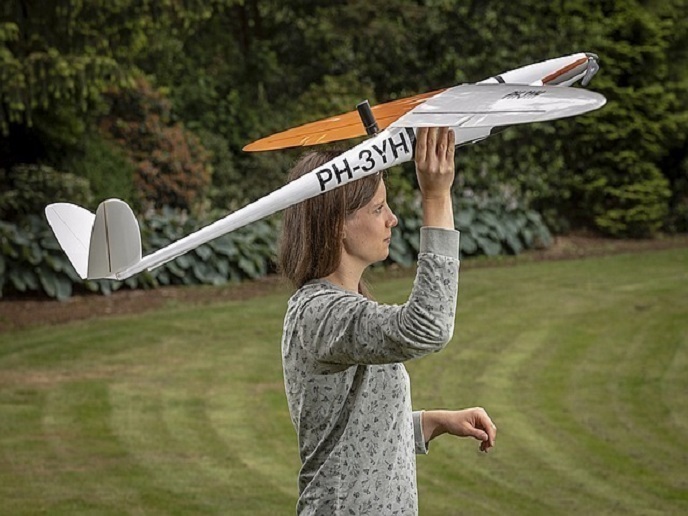Improved knowledge-brokering for better health
To improve health care, governments can attempt to close the gap between information on health systems and the strategies that could reform them. The EU-funded 'Bridge' project worked on achieving this objective. The project mapped organisations that broker knowledge on health systems policy in the EU so that it could understand the process and improve decision-making. In order to fully comprehend knowledge-brokering approaches and their interconnections, the project team developed criteria to assess exact mechanisms and models. It conducted a set of national case studies that explore factors supporting the brokering of research for policymaking. The project found that there is actually very little effort to support knowledge-brokering in European health systems. Nonetheless, the case studies pointed to a number of mechanisms and models that can be exploited to enhance knowledge-brokering. For example, Bridge recommended using policy briefs and summaries to target policy-makers and to reflect their specific needs. It also suggested policy dialogues, networks and workshops to encourage two-way interaction. By the end of the project, Bridge had conducted a detailed review of factors that influence the use of health systems information in policy-making. It outlined the relationship between knowledge generators, knowledge brokers and policy-making using data from over 300 relevant organisations. Bridge also laid the groundwork for more comparative research in the area and gained insight on how to significantly improve knowledge brokering. The project team produced two important policy briefs on how knowledge brokering can be better supported across European health systems and how it can advance a country's health system. Bridge's results promise to optimise policymaking in healthcare considerably, which in turn will help deliver better healthcare to Europeans.







